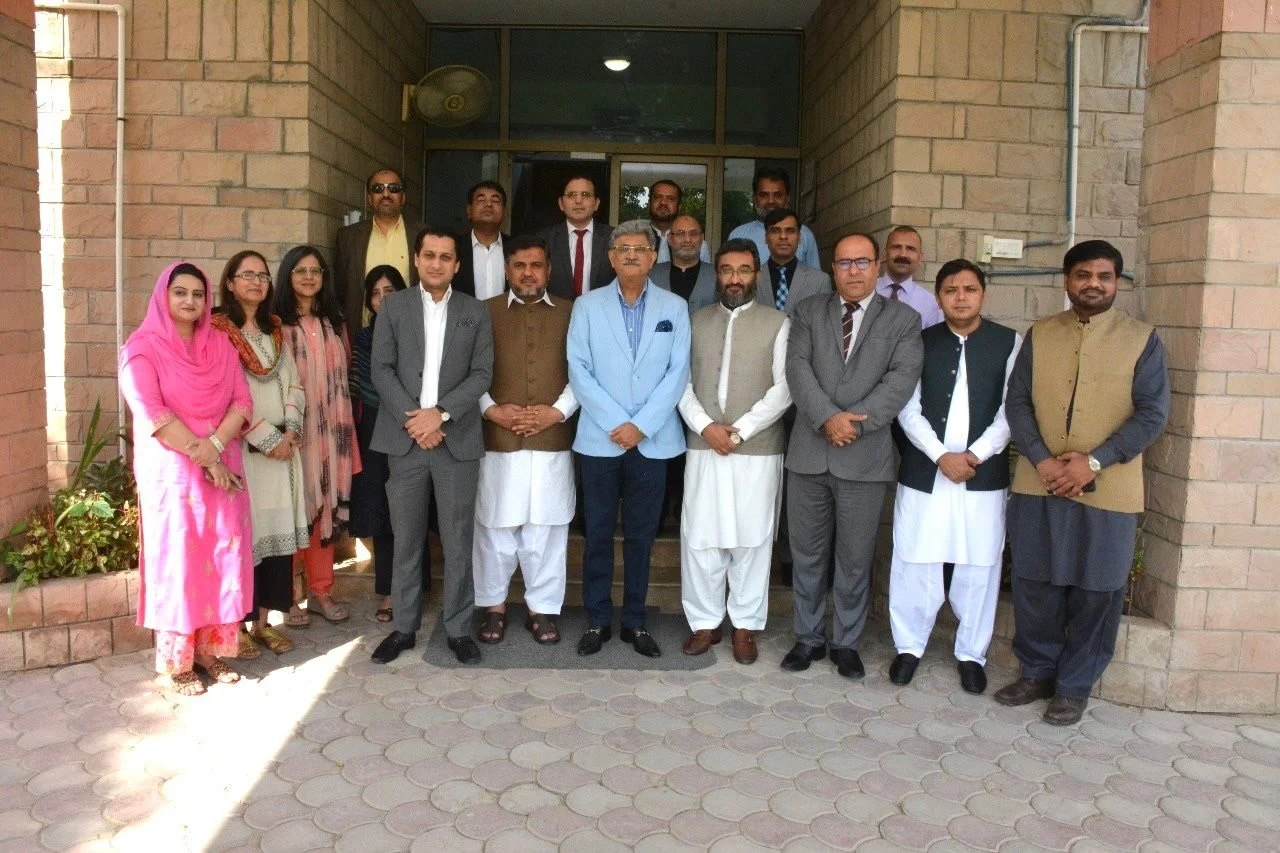Islamabad, 21 May, 2025: Four-Year LLB Program was the focal point of a key policy session conducted by the Higher Education Commission (HEC) of Pakistan, where significant changes to legal education were discussed.
In a three-day meeting of the National Curriculum Review Committee for Law, experts convened to assess and revamp the structure of the Four-Year LLB Program, aiming to modernize and elevate legal training across the country.
READ MORE: HEC to Build 2 Universities in Islamabad
The meeting was led by HEC Director General (Curriculum) Dr. Amjad Hussain and brought together notable legal academics and professionals.
Among them were Hassan Raza Pasha from the Pakistan Bar Council, Barrister Usama Malik of the Directorate of Legal Education, and Dr. Aziz-ur-Rehman, Dean of the School of Law at Quaid-i-Azam University. Hidayatullah Kasi, Deputy Director (Curriculum), acted as the meeting’s secretary.
Key Revisions and Strategic Goals
During the discussions, the committee gave its formal approval in principle to introduce a restructured Four-Year LLB Program, marking a departure from the traditional five-year model.
The revised curriculum is designed to reflect global educational practices while remaining sensitive to Pakistan’s unique legal and institutional frameworks.
HEC officials noted that the redesigned syllabus would aim to bridge academic learning with the demands of legal practice.
The objective is to better equip future graduates with the knowledge, ethical grounding, and professional skills necessary for effective participation in Pakistan’s legal system.
Next Steps Toward Implementation
The newly approved framework of the Four-Year LLB Program will now proceed to obtain additional statutory approvals before its implementation at law faculties across the country.
READ MORE: HEC Revises Syllabus for Four Major Disciplines
HEC emphasized that this step is part of a broader initiative to reform professional education and foster international compatibility in Pakistan’s higher education standards.
Legal educators have welcomed the move, describing it as a vital shift towards a more contemporary and practical legal education model that better prepares students for national and global legal challenges.









